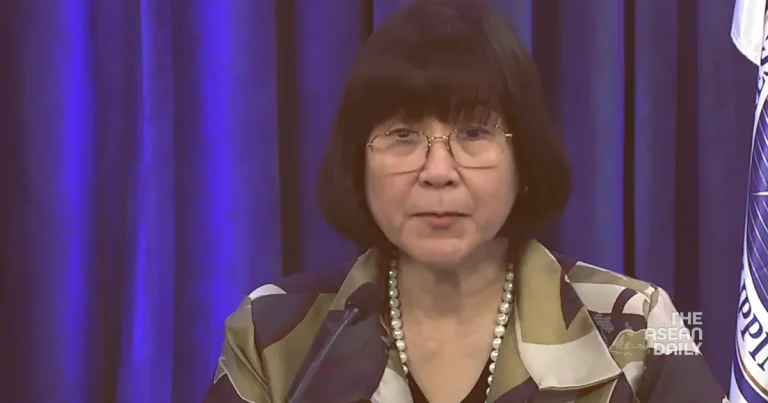29-7-2024 (MANILA) The Philippines’ Foreign Ministry has accused China of “mischaracterising” a recently brokered arrangement concerning resupply missions to Filipino troops stationed in the disputed South China Sea.
The controversy centres on the Second Thomas Shoal, where Filipino soldiers are based aboard the Sierra Madre, a deliberately grounded naval vessel that has served as a makeshift outpost since 1999. On 28th July, Philippine Foreign Ministry spokeswoman Teresita Daza reported that a resupply mission to the Sierra Madre had been completed without incident, with Chinese coast guard vessels maintaining a “reasonable distance”.
However, the situation took a contentious turn when China’s foreign ministry spokesperson offered a divergent account. The Chinese official claimed that their coast guard had been notified in advance of the mission and had “let the vessel through” after an “on-the-scene confirmation”.
Daza swiftly rebutted this characterisation, expressing disappointment that China had chosen to “misrepresent what has been agreed between the Philippines and China”. She emphasised that the understanding between the two nations was concluded in good faith, with an explicit agreement that it would not prejudice national positions.
Adding to the complexity of the situation, the Philippines’ South China Sea task force issued a separate statement, asserting that Manila did not seek Chinese permission for the resupply mission. The task force also explicitly denied any boarding or inspection by the Chinese coast guard.
This discord comes in the wake of a “provisional arrangement” reached earlier in July, aimed at facilitating unimpeded resupply missions to the Sierra Madre. The agreement followed a series of tense confrontations in the area, including a June incident where a Filipino navy sailor lost a finger during a clash with the Chinese coast guard.
The Second Thomas Shoal lies within the Philippines’ exclusive economic zone, but China claims sovereignty over the area as part of its broader territorial assertions in the South China Sea. These claims, based on historic maps, were ruled to have no basis under international law by an arbitral tribunal in 2016.




